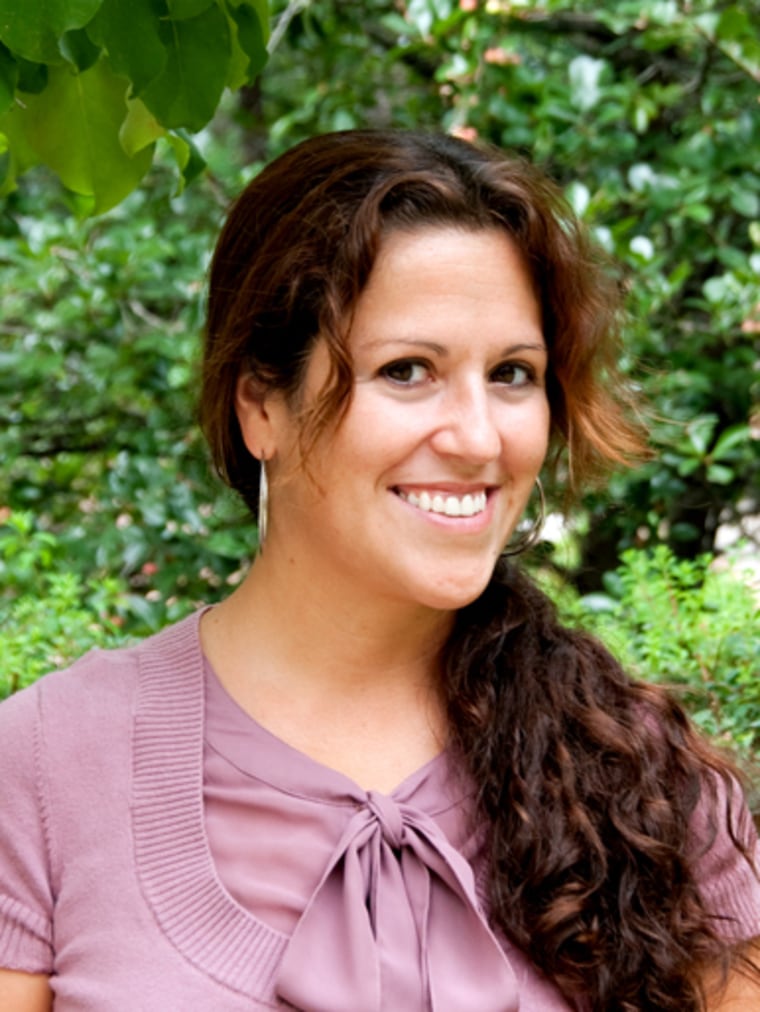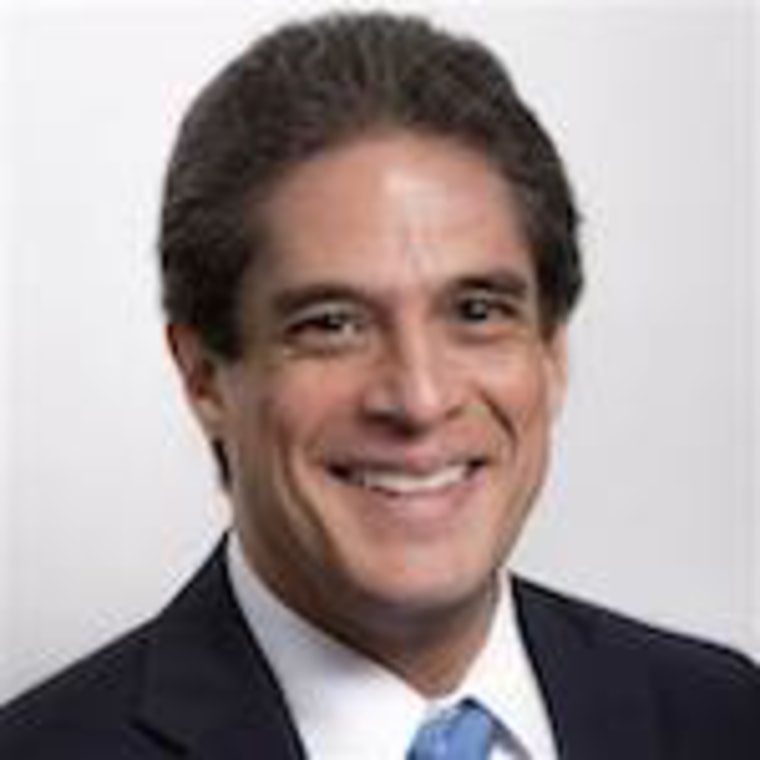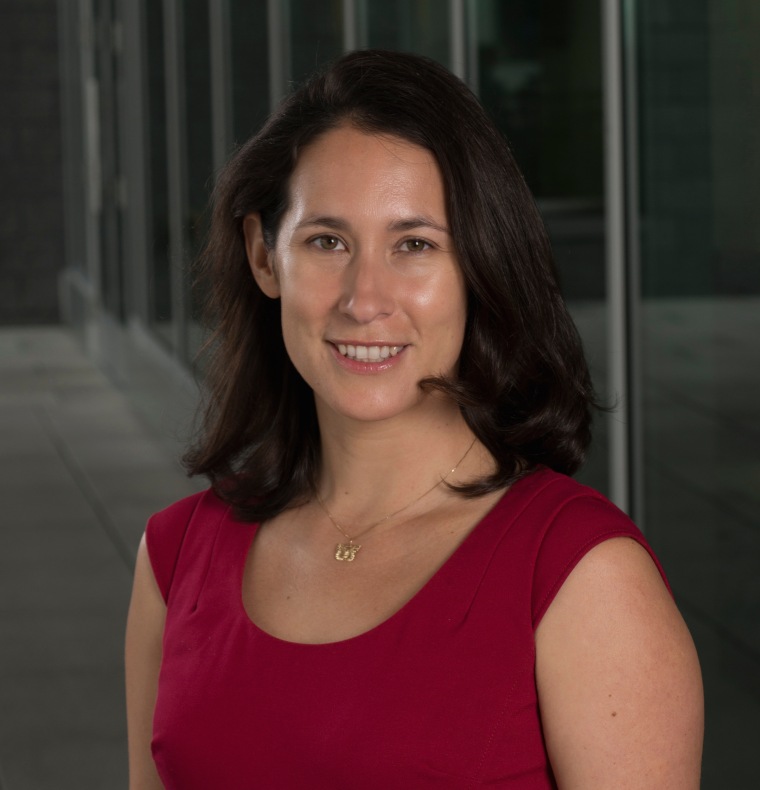Who scored points, who had some disappointing moments, and did the Democratic candidates make a good case to prospective Latino voters? We asked a group of Latino/a scholars and writers to give us their opinions of tonight's Democrat debate.
Celeste Montoya: Hillary and Bernie Still Tops

Tonight made clear that Hillary Clinton and Bernie Sanders are still the main story. Lincoln Chafee stumbled in answering Cooper’s tough questions and Jim Webb pouted and demonstrated that he is tone deaf on issues of race. O’Malley came out slow with the rambling personal stories and some ill-timed references to his leadership in Baltimore during the paltry discussion of #BlackLivesMatter, but he hung in there. His stance on meaningful immigration reform has been stronger and more consistently emphasized than the frontrunners and he does a better job discussing immigrants as a part of our society rather than apart from it.
For Sanders, the transition from rallies to a debate format was not smooth, but the revolutionary charisma that has been drawing mass crowds had its shining moment. His message on income inequality is a powerful one that resonates, but he needs to do a better job translating its significance for different groups. He demonstrated he’s learning on issues of race and gender, but he needs to make stronger more explicit connections if he wants to build a coalition capable of revolutionary change and he still fumbles on inclusive language in a way that I’m not sure he’s quite there yet. Clinton did well. She was poised, prepared, and walked the gendered tight rope of being authoritative but not abrasive. I think she may be overestimating her appeal as the first female candidate and will have to spell out how this translates into improving the lives of all women.
Celeste Montoya is an Associate Professor in the Department of Women & Gender Studies at the University of Colorado Boulder
Raul Reyes: Hillary in Command

Coming into tonight’s debate, frontrunner Hillary Clinton had the most to lose, with four other candidates trying to erode her lead in the polls. Outsider Bernie Sanders had the most to gain, because he has momentum on his side. And Martin O’Malley had the most at stake, for this was his opportunity to make his mark as a candidate before millions of viewers.
Although these three leading candidates all achieved their goals to a certain degree, it was Hillary Clinton who was the winner of the evening. She seemed confident and comfortable in the spotlight, no doubt due in part to her lifetime of experience on the national stage. She handled the inevitable questions about her email server with aplomb. Even the line of the night, from Bernie Sanders – “…the American people are sick and tired of hearing about your damn emails!” – reflected well on her. She also shone when discussing foreign affairs (Sanders seemed out of his element here), and delivered a rousing defense of women’s reproductive rights that drew cheers from the audience and on social media.
Sanders was at his best when discussing his signature issue of income inequality. Yet at times his passion seemed to devolve into practically shouting his responses. Kudos to Anderson Cooper for his pointed, sharp questions.
While this debate covered a lot of ground, it was disappointing that there was no discussion of Cuba policy, the Puerto Rican debt crisis, voter suppression, and the candidates’ thoughts on potential Supreme Court openings.
More than any other candidate on stage tonight, Clinton seemed the one with the most comprehensive knowledge. She certainly sounded like the nominee in her command of the issues – and in not hesitating on calling out her Republican rivals.
Raul Reyes is an NBC Latino contributor, attorney, journalist and TV commentator.
Tehama Lopez Bunyasi: Bernie Set Himself Apart

Hillary Clinton was prepped and poised as ever, handling questions and critiques like the seasoned stateswoman that she is. Though she was steady and confident, there was nothing about her performance during this first Democratic debate that was either surprising, or that accentuated her standing as the alleged leading candidate in the Democratic race.
Bernie Sanders, on the other hand, was unquestionably passionate and energetic, and looked most like the leader of a political movement than anyone else on stage. His mission to address social inequality was fully comprehensive, from his scathing critique of Wall Street, to his defense of the Black Lives Matter movement. Where attention to Latinos is often relegated to the issue of immigration reform and the status DREAMers, Sanders brought direct attention to the high unemployment rates among young Latinos (and African Americans), and set himself apart as a candidate who is thinking about the Latino community as more than a one-issue voting block.
Martin O’Malley—virtually unknown on the national stage before this evening—is a star on the rise. For his part, O’Malley iterated on more than one occasion our country’s need to invest in those among us who are “young, poor, and black” and he was unflinching his remark that if poor whites were dying at the same rate as poor blacks, there would be more people marching in the streets.
This was not Jim Webb’s evening. In other speaking formats, he is eloquent about his vision for a consistent foreign policy and the need to reform our criminal justice system, but the debate format is not the place where he best connects the dots of his platform. He was also disappointedly awkward when describing his bona fides on past efforts to improve the status of African Americans.
Tehama Lopez Bunyasi is an Assistant Professor in the School for Conflict Analysis and Resolution at George Mason University
Marcela García-Castañon: Martin O'Malley Surprises

This debate showcased the alternative to a Republican Presidential campaign: candidates who focus on voters and issues. Viewers saw Democratic candidates who want to talk about progressive economic policies; issues of gender, race and class inequality; addressing climate change; and criminal justice reforms. This debate showed that candidates cannot simply focus on class or economic opportunities when speaking to increasingly diverse voters. These voters live in a nation that doesn’t always recognize that ‘Black Lives Matter’, or that undocumented immigrants are underserved and vulnerable. Voters today care about economic opportunities, and climate change, and never ending wars, and whether their sons or daughters will get a college education, and need candidates who speak to these issues.
Former Secretary of State Hillary Clinton and Senator Bernie Sanders dominated the debate. Clinton’s well-polished responses, however, were undercut by her sometimes stilted delivery and sidestepping of questions. Her response on whether undocumented immigrants should receive healthcare focused instead on helping only undocumented youth, tapping into perceptions of deserving versus undeserving immigrants. This is a detrimental position to take when attempting to enact comprehensive immigration reform, and is a disappointing turn for a candidate who had significant Latino support in the 2008 primaries.
The saving grace for Clinton was that Sander’s record on immigration reform was worse; Sander’s attempt to justify his vote against comprehensive immigration reform by arguing that it wasn’t progressive enough felt inadequate. The one surprise was Martin O’Malley, whose presence on stage was less easily ignored than Jim Webb or Lincoln Chaffee. Maybe it was only by comparison, but O’Malley came off as the more natural candidate on stage, especially on immigration. He may see a boost after the debate as a result, but this is unlikely to thrust him forward into the general election.
Marcela García-Castañon is an Assistant Professor in the Department of Political Science at San Francisco State University.
